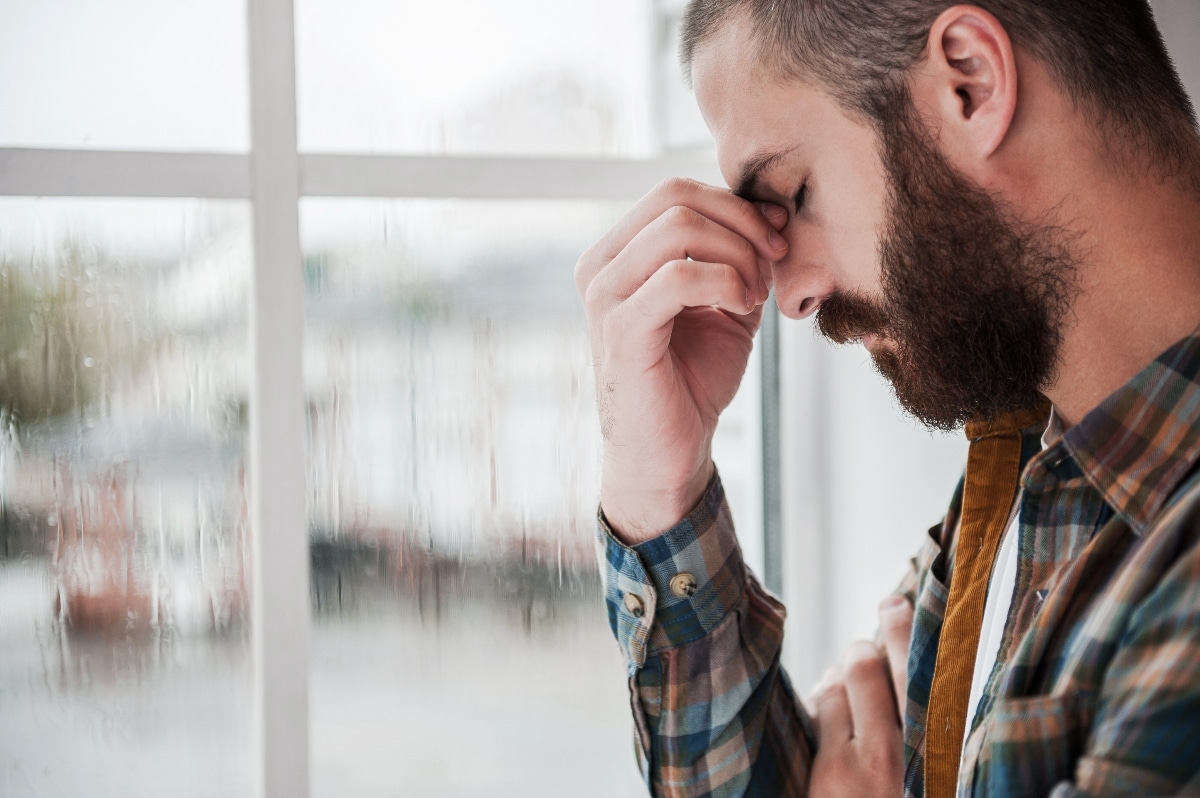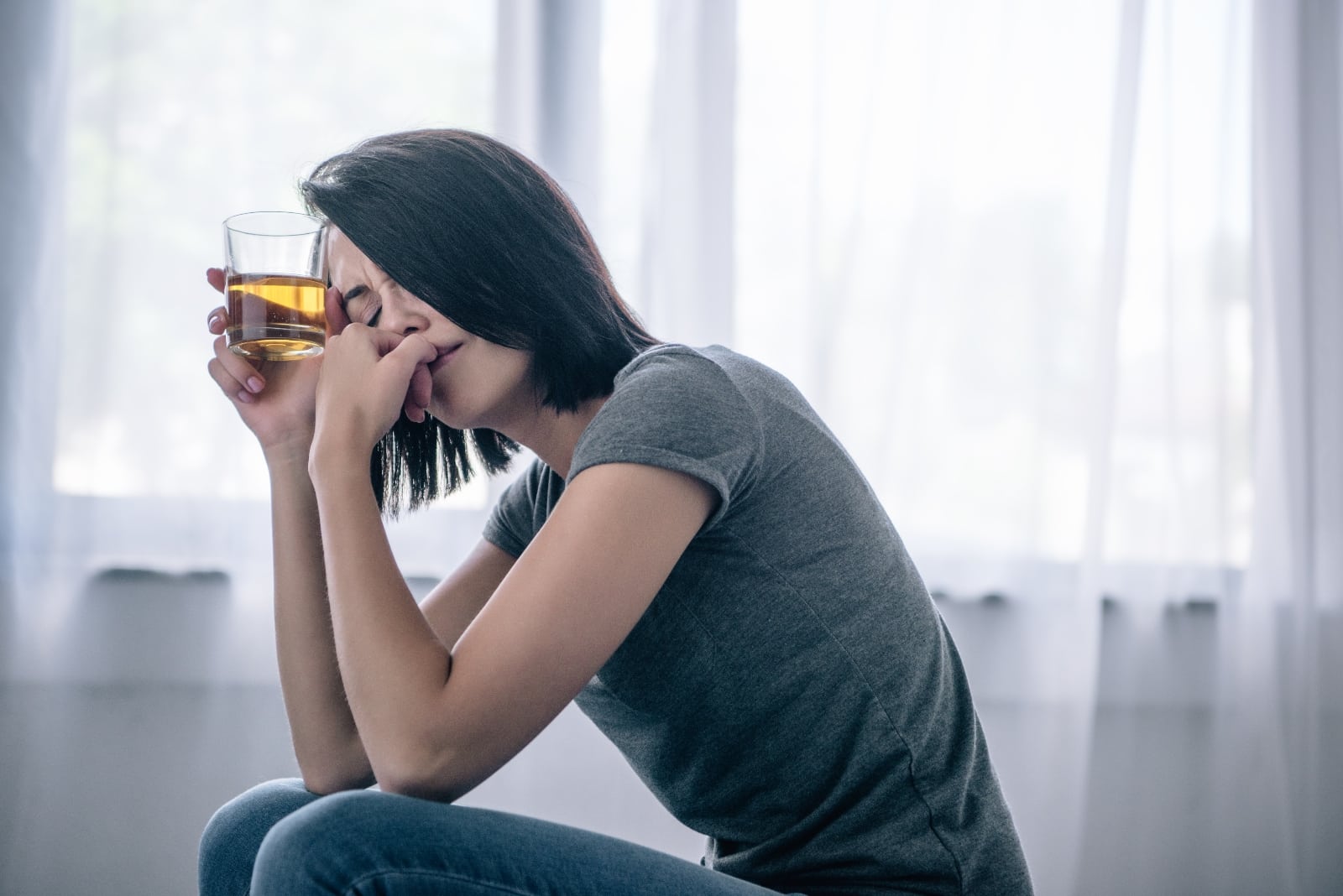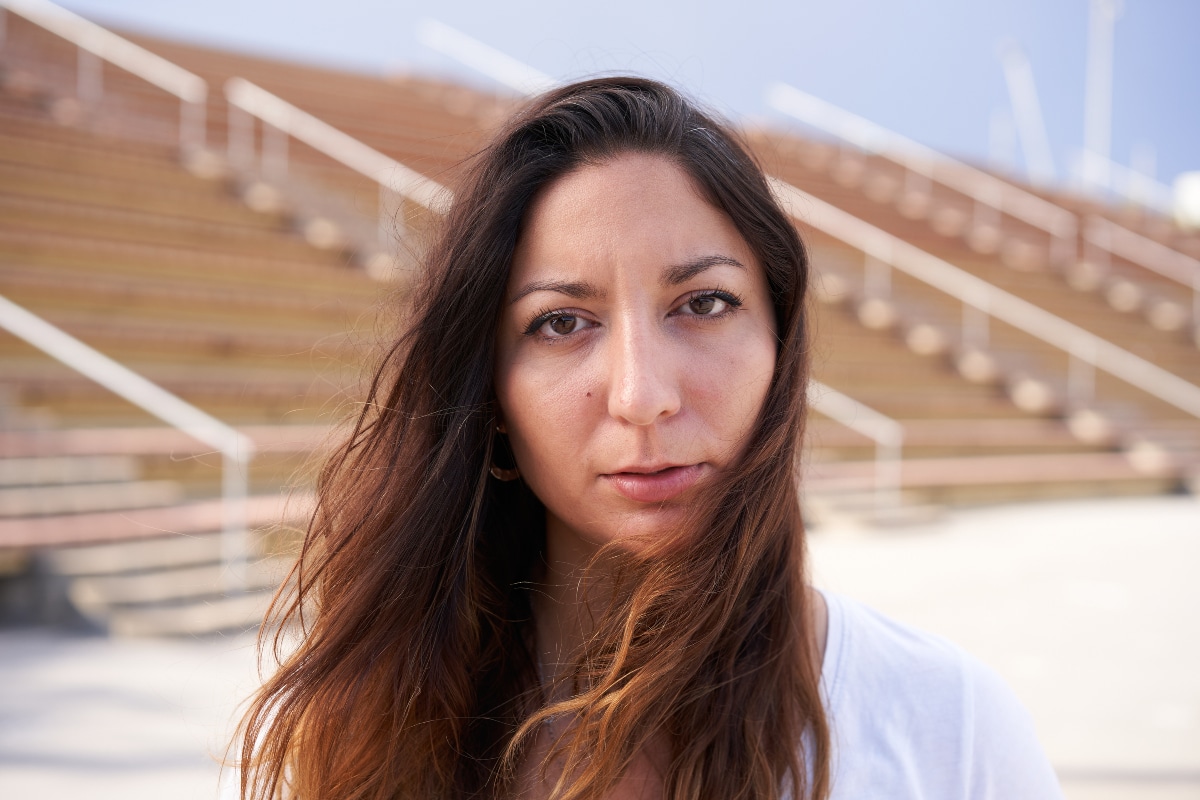Drinking alcohol is widely used as a way to relax and cope with difficult feelings and experiences. For example, some people consume alcohol to suppress their sorrows after losing jobs, heartbreak or other life stress.
But drinking leads to more harm than gain when it comes to alcohol and depression. Depression and alcohol have a complex relationship. At first, alcohol can make a depressed person feel better for a short time.
However, people crash and feel even worse than they did before drinking. As a result, some people report a vicious cycle of consuming alcohol that eventually becomes very difficult to break.
Families with loved ones in this vicious cycle need to seek professional intervention to treat this problem. No Matter What, Recovery helps individuals that are addicted to alcohol and deal with depression regain their life. Our addiction treatment center helps patients reestablish the ways they handle life during and beyond treatment.
Alcohol Abuse and Depression
Alcohol abuse and depression are two conditions that can together. People suffering from depression are more likely to become dependent on alcohol.
Depression is a mental health condition that makes people feel constantly hopeless and sad. Such feelings control how individuals think, act, and perceive different situations. In addition, these feelings can impact a person’s relationships with others, professional duties, and personal goals.
For some people with depression, alcohol is used to suppress symptoms associated with the condition. Drinking reduces anxiety, irritability, insomnia, and relentlessness. Consequently, alcohol becomes an agent of self-denial.
To maintain the feeling elicited by alcohol, people with depression resort to excessive consumption of alcohol. This cycle in turn worsens their depression.
Alcohol Effects on Depression
Alcohol is a mind depressant that slows down body functions. Studies have consistently demonstrated that alcohol can affect the severity of depressive episodes in various ways.
Decreases Serotonin Levels
Serotonin and norepinephrine are chemicals that help regulate mood-altering levels of these chemicals that impact people’s attitudes and feelings. People with depression already have lower levels of serotonin. This can be exhibited in symptoms, such as anxiety, sleeping disorders, decreased self-esteem, and aggression.
Alcohol consumption boosts serotonin levels temporarily, thus improving a depressed person’s mood for a short period. Still, continuous alcohol abuse further reduces their levels, worsening symptoms of depression.
Increase Stress Hormones
Alcohol cuts the effects of stress hormones temporarily. However, for people with depression, heavy alcohol consumption multiplies the stress hormone cortisol. Cortisol plays a significant role in people’s fight-or-flight response. An increase in this hormone can cause feelings of chronic stress.
People with depression already have a high level of cortisol in their bloodstream. Alcohol abuse multiplies the hormone, worsening the effects of depression.
Decreased GABA Production
GABA refers to neurotransmitters that inhibit impulses between nerve cells in the brain. GABA improves people’s mood and relaxation in the central nervous system at optimal levels.
Nonetheless, heavy consumption of alcohol decreases GABA levels in the brain, which can affect depression severely. Reduced GABA levels can contribute to anxiety, stress and more feelings of depression.
Can Alcohol Make Depression Worse?
Whether alcohol abuse can make depression worse is not subject to debate. Alcohol can increase depression and depressive symptoms. According to a study, there are significant differences in treatment outcomes for people who abuse alcohol.
There is a strong correlation between alcohol abuse and depressive symptoms. Heavy alcohol use can interfere with depression intervention, making it difficult to suppress the symptoms. Instead, the symptoms can grow stronger, inhibiting the effectiveness of treatment. A study showed that depressed patients who are currently heavy drinkers experienced worse treatment outcomes.
The concurrence of alcohol abuse and depressive symptoms can lead to greater severity and a prognosis for both health issues.
Heavy alcohol consumption can lower inhibition. Although some people may resort to alcohol to suppress emotions, heavy drinking for people with depression may not help. Instead, depressive symptoms can flood a person’s mind when drinking, worsening their condition.
How Long Do The Depressive Effects of Alcohol Last?
The durations of alcohol-induced depressive symptoms vary significantly. Generally, depressive symptoms associated with alcohol consumption can reduce once the patient quits alcohol. However, if the temporary increase of serotonin and dopamine triggers patients to indulge in alcohol, these neurotransmitters dwindle with time. This increase the persistence and existence of alcohol-induced depression.
For people with depression who continue to abuse alcohol, the depressive impacts of alcohol can become part of their lives. They can experience the symptoms even after they quit drinking.
Depression Treatment Options
Depression can cause serious issues for people struggling from this mental disorder. These issues may include reduced chances of success, damaged personal relationships, multiple medical conditions, a lack of enjoyment of life, and suicide.
Fortunately, there are various effective treatment options for people with depression. Although treating depression is not a one-time visit to a treatment facility, persistent therapies reduce symptoms over time.
Holistic treatments are the most effective intervention strategies for people with depression. Some of the most common include:
- Holistic therapy
- Antidepressant treatment
- Cognitive and behavioral therapy
- Support group
Treatment For Alcohol Addiction
For people with depression, treatment for alcohol and depression go hand in hand. Unfortunately, treating depressive symptoms while negating alcohol addiction cannot solve the problem.Substance abuse typically makes depression symptoms worse over time.
Drinking heavily makes depression worse. Treating alcohol addiction is a step ahead of treating depression effectively. The treatment also depends on the patient’s needs. Therapy can also involve residential or outpatient programs and group or individual counseling.
Common treatments for alcohol addiction include:
Psychological Counseling
Individual and group counseling helps patients understand their problem with alcohol and develop recovery from a psychological perspective. Family therapy can also be a significant part of recovery.
Detox and Withdrawal
The treatment process for alcohol addiction can begin with detox and withdrawals. This program can take two to seven days and is medically managed. This treatment is often done in an inpatient facility.
Spiritual Treatment
Religious people involved in regular spiritual practice can sometimes find it easier to use religious factors in treating addiction. For many religious people, developing a relationship with their spiritual beliefs is critical in addiction recovery.
Continuous Support
The most effective alcohol addiction treatment focuses on persistence to minimize relapses. Aftercare programs and support groups can help patients avoid stimuli and reduce relapses. Continued support can also help patients cope with the new lifestyle.
Finding Best Treatment Center for Patients With Depression and Alcohol Problems
There are multiple depression and addiction centers in California and the United States. However, some of these centers offer specialized treatment for particular addictions and depression symptoms.
Finding a treatment center that offers holistic treatment to the patient is essential for fast and effective recovery. No Matter What Recovery is an addiction treatment in Los Angeles that guarantees holistic therapy. We offer treatment for people struggling with alcohol addiction and depression.
Contact us today to secure your loved one a place to recover from depression and regain control over their bodily urges.







